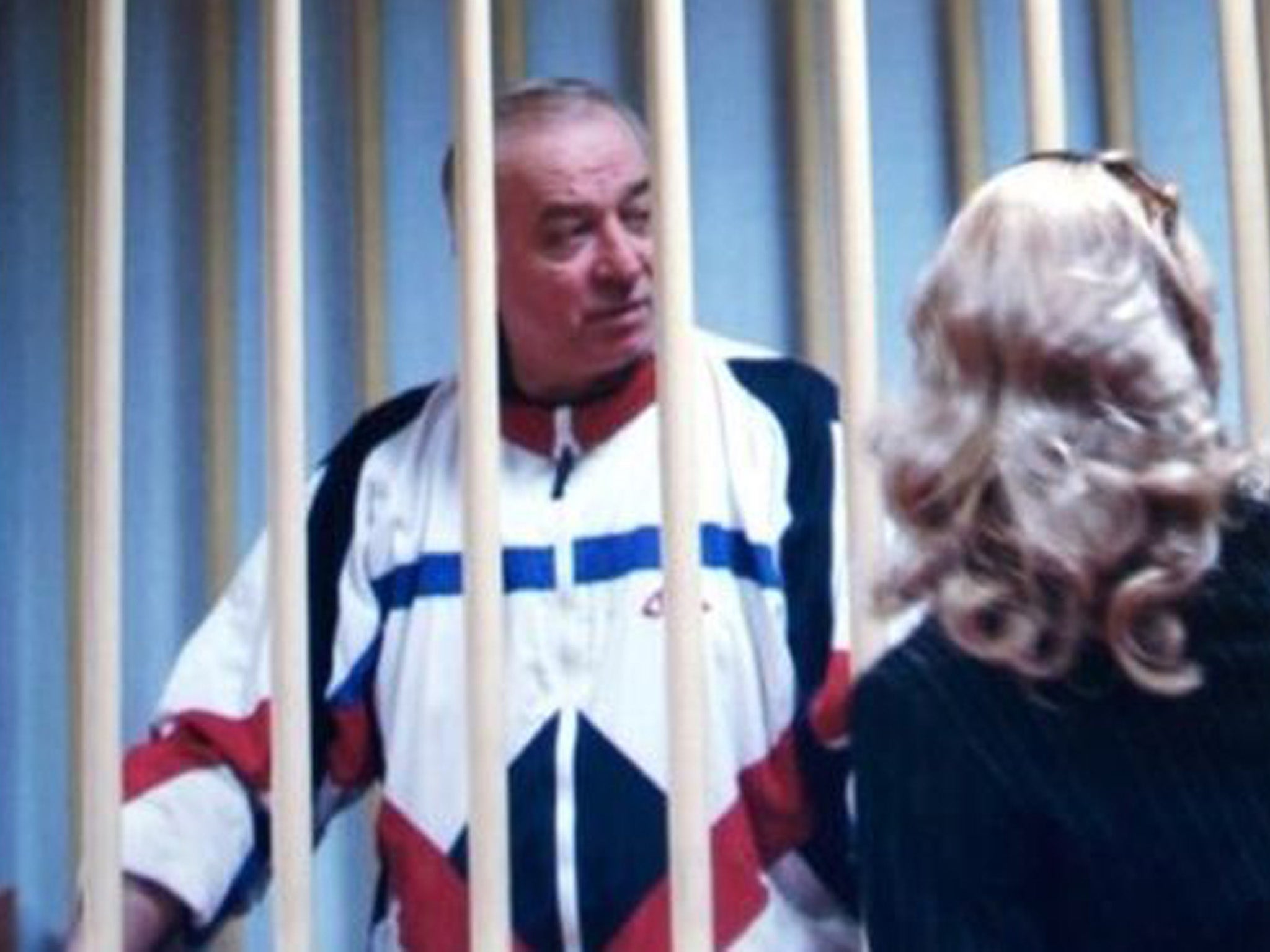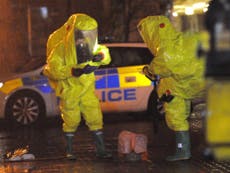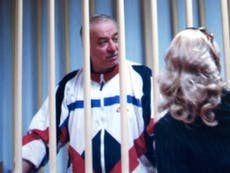
In praise of the Wiltshire police, they have shown more wit in their reaction to Sunday’s suspected double poisoning in Salisbury than their colleagues in Surrey did after a similar incident five years ago.
Alexander Perepilichnyy, who died suddenly in November 2012, was a Russian who sought refuge in the UK, just like Sergei Skripal and his daughter, who are now critically ill in hospital.
If someone in Moscow commissioned an attempt on Skripal’s life, it will have been a warning. He spied for the UK, did time in the gulag, but was enjoying what seemed to be a safe retirement here. Other would-be spies have been put on notice that nobody escapes the long arm of Vladimir Putin’s revenge.
This would reinforce the message conveyed by the slow, hideous death in 2006 of the former KGB officer, Alexander Litvinenko, who was given a dose of polonium in his tea, in Mayfair. When I interviewed his father for The Independent, the old man asserted categorically that the murder was sanctioned by Vladimir Putin. Russia has refused to extradite the suspected killers, one of whom now has a seat in the Russian parliament.
Perepilichnyy was a whistleblower, who left Russia with information about the theft of $230m from the Russian state treasury. The money was stolen from corporation tax paid by the London based Hermitage Fund, run by the investor, Bill Browder. Hermitage’s lawyer, Sergei Magnitsky, was investigating the same scandal until the Russian police silenced him by holding him in prison for a year, then beating him to death on 16 November 2009.
The Swiss authorities later wondered how a Russian tax official on a modest salary, named Olga Stepanova, was able to deposit millions of dollars in Swiss banks. Perepilichnyy was due to go to Switzerland to assist the inquiry when he dropped dead, aged 44, near his Surrey home, on 10 November 2012.
The attitude of the Surrey police, then and ever since, could be summarised as “nothing to see here – move along please”. Being stone dead, Perepilichnyy was not going to regain consciousness in hospital and identify his murderers, as Litvinenko did – and, perhaps, Skripal or his daughter might.
The Hermitage Fund, and Legal & General, with whom Perepilichnyy had recently taken out life insurance, did not share the Surrey constabulary’s confidence, and pushed for an inquest, which eventually opened on 5 June last year. The next hearing is scheduled to begin in the Old Bailey on 10 April.
These cases suggest a general trend that whomsoever the Putin regime would like to see dead, no matter what country they are living in, obligingly dies. Buzzfeed has compiled 14 examples, some of which may be suicides or accidents.
The US Congress has passed a law called the Global Magnitsky Act, under which Magnitsky’s murderers and other named villains from around the globe, including the leading instigator of the genocide in Myanmar, are banned from entering the USA or using its banking system.
Nothing prevents these same undesirables from applying for a visa to enter the UK. In 2016, backbench pressure from Dominic Raab, Margaret Hodge and others obliged the Home Office to accept an amendment to the Criminal Finances Bill, giving the government power to prevent such people from using the banking system, should ministers choose to exercise it. The former cabinet minister Andrew Mitchell is trying to extend the law to include a visa ban.
But generally the British authorities appear to think that nothing should be done in these difficult times to discourage Russian oligarchs from bringing their money to the UK. We do not yet know what happened on that park bench in Salisbury, but if it proves to be the work of political assassins, the Government may feel compelled to do something about the UK’s reputation as a soft playground for Russian criminals.
Andy McSmith is The Independent’s former senior writer and political correspondent






Join our commenting forum
Join thought-provoking conversations, follow other Independent readers and see their replies